Transforming the Houston Grand Opera — Inside the Leadership Plan of New CEO Khori Dastoor
The PaperCity Interview
BY Joel Luks // 04.21.22HGO’s new CEO, Khori Dastoor, announced the 22-23 season in the HGO Costume Shop to celebrate opera's behind the scenes grandeur.
The first rule of running a business? Know your audiences. When it comes to performing arts, those publics are many — employees, artists, new and experienced listeners, stakeholders, volunteers and patrons. Khori Dastoor arrived in Houston in last August to began preparing to officially take over the helm of Houston Grand Opera (HGO) as its general director and CEO, which she did in January. With Dastoor filling the post left vacant by Perryn Leech’s departure for the Canadian Opera Company in Toronto.
Becoming the first woman — and woman of color — to lead the $27 million budget performing arts nonprofit signals a new era for a company recognized for world premiere commissions. As the California-born soprano-turned-administrator continues to settle into this new leading role, Dastoor has been making the rounds, introducing herself and her philosophies to those close to the organization while listening attentively to what each group feels about the genre of opera today.
But what was supposed to be a series of conversational salons along with artistic and music director Patrick Summers turned on occasion into solo engagements. Summers was making a mad dash to fill in for maestro Dmitry Sinkovsky, who couldn’t find safe passage from Moscow to lead the St. Louis Symphony Orchestra and the St. Louis Symphony Chorus in Mozart’s Requiem. This is one offshoot of the United States no longer issuing visas to any Russian nationals because of the horrors in Ukraine.
One of those chitchats inspired an interview with Dastoor that took place in the tastefully appointed lounge inside HGO’s offices in the Wortham Theater Center. Plenty of LaCroix Pamplemousse sparkling water was on hand as the opera’s new leader and I talked.
Here is Khori Dastoor in her own words:
PaperCity: In Houston, we’re beyond talking about the arts as cultural spinach. But opera has a barrier to entry for some audience members. I relate it to Shakespeare: Once you unlock your connection to it, it’s something that draws you in. How do you see opera?
Khori Dastoor: To have to make the argument for art wears on you. But to have art be in the mitochondrial DNA of a city — that great art is necessary to have a great city — is where the conversation starts in Houston. The argument is settled, and we can get passed that to talk about more interesting things.
The definition of privilege is not even really having to live with the awareness that you are privileged. For me, opera has never felt unwelcoming or foreign because I was part of a children’s chorus growing up. I was drawn not only to the performance aspect, but also to the feeling of being in a band of players, and how everybody is free to be who they are in that environment that welcomes individuality.
Opera allows us to see fully formed virtuosic artists who have so much integrity sharing a moment of focused common purpose.
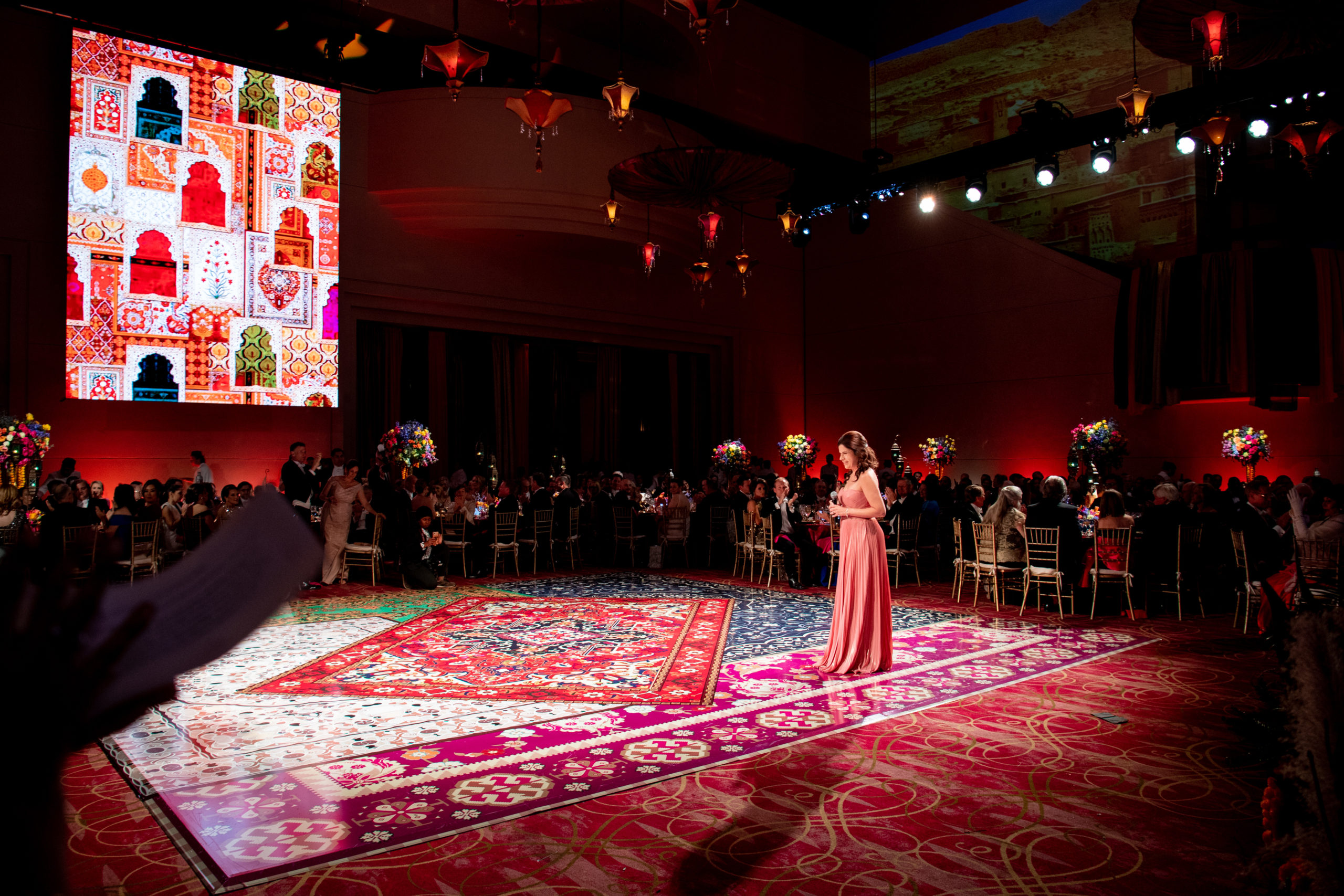
PaperCity: Why do you love opera so much?
Dastoor: People talk about suspension of disbelief because the plots can be crazy. But it’s more akin to real life because it lives very much in a gray area. It’s an art form that has at its center multiple viewpoints at one time. The orchestra may be foreshadowing something that hasn’t happened. Or maybe there’s a Greek chorus who’s helping you reflect on something you’ve just heard differently.
These are mirrors that reflect what may be happening in you. I became a parent in 2013 and I lost my mom two years ago. Some operas changed for me after those events. And so like any great work of art, what’s universal about opera is how each individual finds themselves in the story.
Opera is where I find space for my biggest emotions. It’s how I connect to a larger force outside of myself. It’s how I feel nostalgic and comforted for times that were dear to me in my life. I have many memories of hearing different works. Each work is a friend, and these friends travel with us in our minds and imaginations.
PaperCity: So opera becomes quite personal?
Dastoor: When you talk to a donor or a patron or an opera lover, a work can feel personal. Sometimes they get upset about the way you’ve treated their favorite work if they don’t like the interpretation. It’s like a love relationship that’s very sacred.
I love that because of how it feels to be part of a family that’s connected by a shared appreciation for something that is a reflection of who we are now.
PaperCity: Is there an opera character that resembles your personality?
Dastoor: Some characters were annoying to play! I almost wanted to question them and ask, “Oh my God, why are you doing that?” But I do love Sophie in Werther. She just wants to make other people feel good.
It’s such a joy to be that ray of sunshine in an opera that’s is otherwise very heavy. I love Mabel and the Pirates of Penzance. She’s clever and family-oriented. She knows what she wants.
PaperCity: If we think of an opera as the product, then the Houston Grand Opera is the experience of how that opera is presented. What do you want that experience to be?
Dastoor: That’s the ultimate question. We have to ensure that the experience reflects the purpose of the organization. I’ve been reviewing strategic plans from the past, and I found one from the early ’90s — probably done by David Gockley — which read like it could’ve been written today. Underneath the mission statement were values.
One of them was a welcoming atmosphere, and one of them was the word diversity of programming. The third one, which I thought was the most interesting, was the idea of holding discoveries as a value in and of itself.
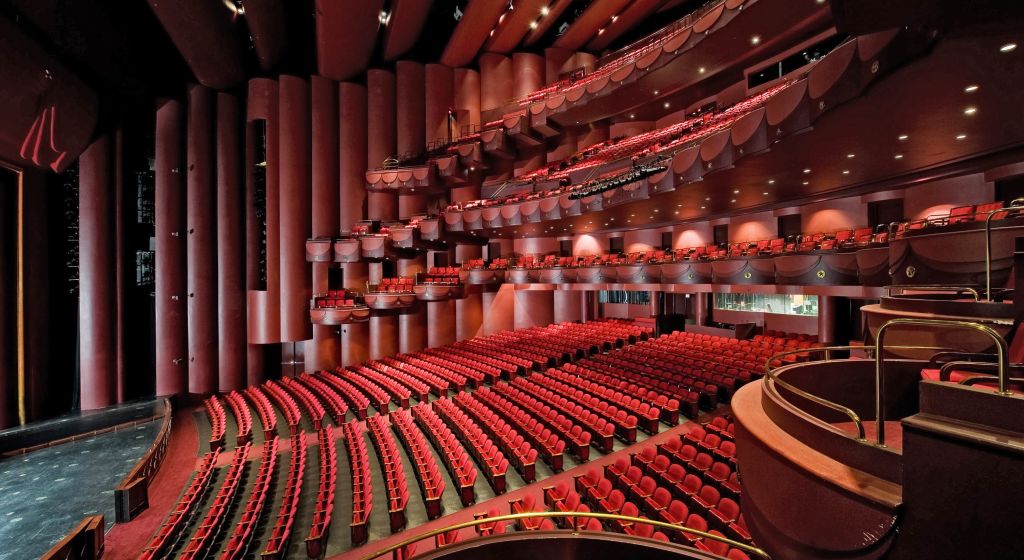
Instead of an obsession with the historical quality, with excellence — ideas are that are aligned with rating, ranking and competing — the experience of coming to HGO is about discovery. It’s about discovering something new about yourself, discovering a new voice, a new story and a new way of thinking about what it is to be human.
With that as our North Star, we can start to think about all kinds of discoveries. There’s certainly a healthy market for that in Houston.
PaperCity: Houston has had to discover and rediscover itself throughout the years. Part of that has been dealing with external threats such as Tropical Storm Allison in 2001, Hurricane Harvey in 2017, and now we’re coming off the pandemic. We seem to be in a pattern of recovery and resiliency. Where do we go from here?
Dastoor: The effects of Harvey are still very closely held in. Part of the story of the last few years has been tremendous turnover, churn and leadership transition as people make different choices with their lives. And during COVID, many of our union partners and other seasonal workers were furloughed.
When COVID hit, we realized how much we rely on grocery clerks and how much we depend on the “invisible” people who keep our lives going. We’re an interconnected society. When Dotti Staker (HGO’s wig and makeup department head) joined HGO 36 years ago, we didn’t have any wigs.
HGO rented wigs from a supplier and that supplier went out of business. So Dotti began making wigs one hair at a time. Harvey erased 32 years of her work.
While we received $1.3 million to replace 2,500 wigs, Dotti will look at you today with tears in her eyes and say, “I don’t have 30 more years to make 2,500 weeks again.” And that was her legacy. And that was her life’s work. So that’s not something you get over. It’s not something that you replace. And she’s still in the wig studio today, right now, sewing weaves to get us ready for the season.
That’s just one department. There’s no time to grieve. We have to move forward. You have to work for the impact. It has to be about the feedback from the community and the confidence in your bones that you’re spreading joy. So as we move forward, we take very seriously our commitment to bringing joy to the city of Houston and to serving as a place for hope and connection.
PaperCity: Your bio states that you have a proven track record of organizational transformation. Does HGO need to be transformed?
Dastoor: Yes. Look at what has happened in the last five years. We have to reinvent ourselves every minute of the day — that’s the way we live now. The world is going to look different a year from now. Organizations that rely on their ability to forecast and plan are going to be severely handicapped.
The model to move toward is one of growth mindset, adaptive learning, resilience, planning for change and planning for transformation. And managing what’s difficult about that.
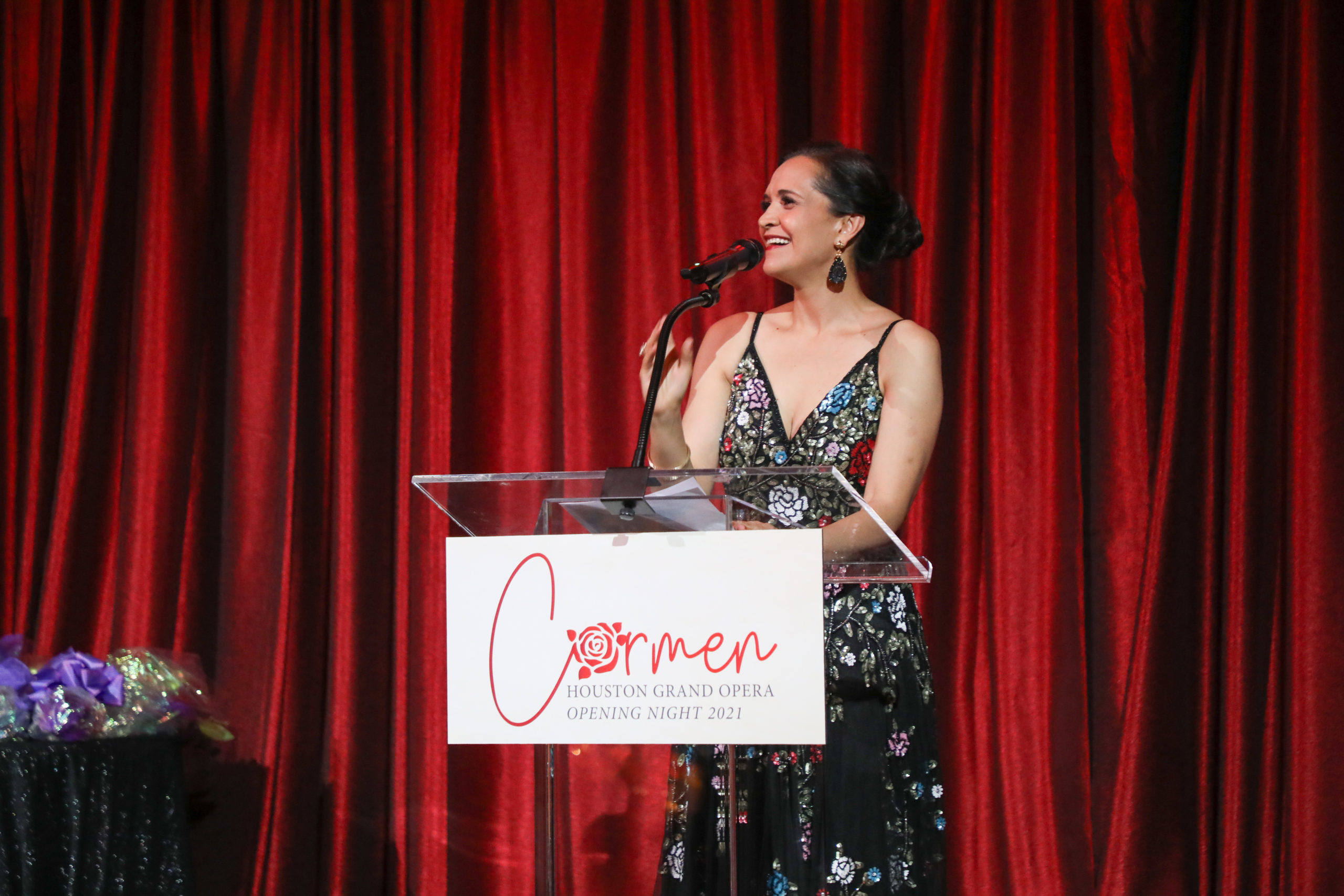
I read a lot of business strategy books because I don’t believe that human beings are all that different from one another or that for-profit industries are all that different from nonprofits. We need to acknowledge the psychology of what it means to be adaptive to your environment and to be checking in always. Whether it’s a colleague or whether it’s your community.
We can no longer take three or four years to plan because we would fall short of our mission.
PaperCity: Is HGO ready for this transformation?
Dastoor: Our board isn’t resistant to change. That was so clear in the search process and our conversations. We accept and embrace change, and we’re always moving forward. If we are to live up to the values of discovery, we can’t ride on the coattails of the legacies of the past.
It’s not good enough. If you’re going to be a leader, you have to always be looking ahead and be planning for what comes next and for who comes next.
PaperCity: Where does technology fit into this transformation?
Dastoor: There was a time when technology was not so much of a given as it is today. Everyone uses technology. Today, we have to check in with our mission to ask what’s possible because of advances in technology.
The quality of social media content that my posters can create is transforming my marketing plan. Snowy Day was watched in 36 countries live. The idea of commissioning work, advancing the art form and amplifying your voice can be expanded globally.
If our mission is to welcome new audiences and to create profoundly enriching experiences, we have more tools and fewer excuses than we’ve ever had to be able to reach everybody. More people in our current world have a telephone than have access to a working toilet. So the opportunity for communication, engagement and sharing has never been better.
PaperCity: What have you learned about Houston so far?
Dastoor: I can’t tell you how many people have told me the same three or four things about Houston. That no matter who they are, Houston is a place where it doesn’t matter who your dad is, and it doesn’t matter who your mom is. If you come here and you work hard, and you’re passionate that you can make something of yourself.
It’s a city that honors people that work hard. It’s a city that gives people a chance, that rewards people who want to think big and put Houston on the map. And there’s a great amount of civic pride around what it means to be Houstonian and what the city can do to advance the common good.
That’s certainly why I am here.

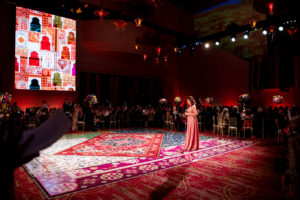
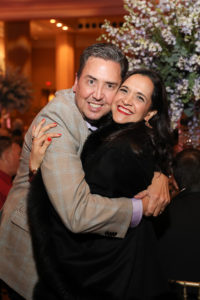

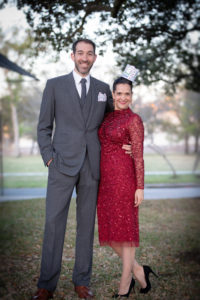








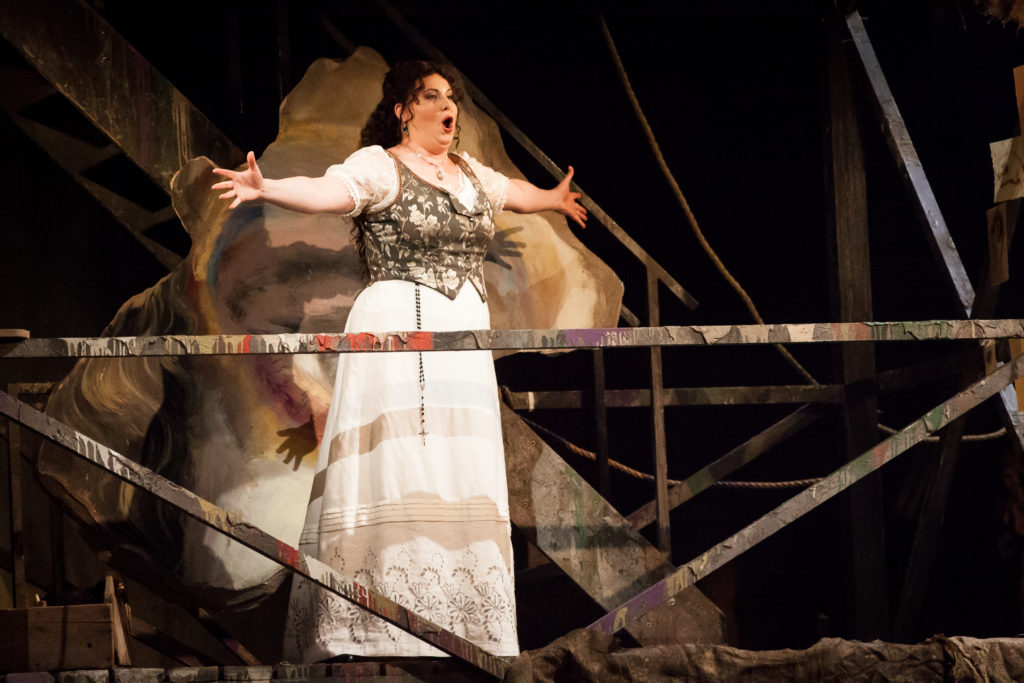










_md.jpeg)













